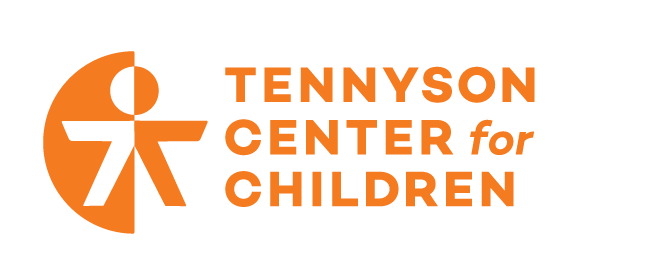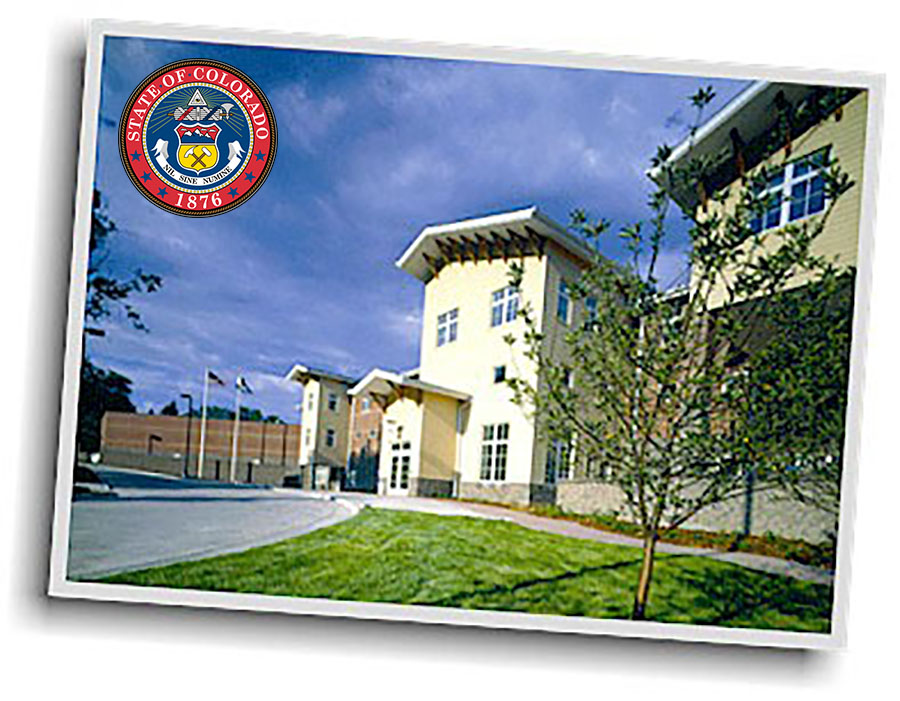HB18 – 1003: The Opioid Prevention Program to Improve Young Lives
The opioid epidemic is driving significant changes in the child welfare sector, with: – 14 Colorado kids entering the child welfare system every day, per CDHS; and – 82% increase in the number of kids removed from unsafe homes in the past 2 years, per discussions with Denver Department of Human Services
What does Tennyson see related to the opioid crisis? – Significant percentage of kids who come to Tennyson have been directly affected by the drug epidemic; – High correlations between the addiction issues these kids were exposed to and neglect, abuse, domestic violence, sexual abuse, prostitution of child and exposure of kids who come to Tennyson to sexual explicit realities; – Exceptionally long stays at Tennyson’s residential facilities because many of the kids who come have nowhere to – go – we support Colorado’s dramatic push to increase the number of foster parents in Colorado, and we are ramping our support for foster parents so that kids can successfully integrate; – A rightful focus on parental recovery that is not matched by support for their children – funding is tight, hard to get and hard to sustain; – Parents who are trying to be good parents and struggle with recovery, shame and unprocessed parental trauma; – Grandparents being asked to step in when they are often ill-equipped to do so because of the gap between their ages and life circumstances and their grandchildren’s experiences with trauma. We also see a great deal of shame and remorse as grandparents ask hard (and often unreasonably hard) questions about how they raised their children; – Attempts to reintegrate kids with parents who have not fully recovered with really negative consequences for the children; – More acute behaviors; and – Far too much pre-natal exposure.
Tennyson has been shifting to address this challenge. We are known as a residential facility but residential is the smallest part of our work. Far bigger are our:
- Community-Based Services (CBS) that aim to keep families together, kids in school and kids out of emergency rooms. We are increasingly partnering with counties to find ways to strengthen counties’ exceptional work and hyper-localize solutions so that kids are not removed from families and exported to Denver which can undermine their healing and complicate their reintegration into their communities. Addiction interventions are an increasing part of our CBS work;
- Day Treatment programs designed to help families stay together, help kids get therapeutic support needed to heal while maintaining their academics with the goal of eventually reintegrating them back into public school. Again, addiction issues filter through this program;
- Early Childhood Intervention in partnership with Warren Village focused on supporting single parents with the goals of helping parents successfully keep 1.) The family together; 2.) Their kids out of the child welfare systems altogether; 3.) Their kids out of the criminal justice system; 4.) Their kids out of hospitals and on track educationally. This program is designed to get ahead of challenges facing at-risk populations and stop the flood of kids entering the system; and
- Rethinking Partnerships throughout Colorado as we break down our historical silos of support to work with others to strengthen ecosystems of support around kids and families so that they can thrive at home – including but not limited to Boys & Girls Clubs, police departments who interact with kids in new ways to lessen tensions between all parties, mentorship programs and life-skill programs designed to help kids succeed as they grow older, and stronger linkages with communities of faith as a resource for kids and families.
- Early interventions and preventative work that target both adults struggling with addiction and their children’s experiences with trauma are essential for stemming the tide and strengthening kids, parents, families, and communities throughout Colorado.





